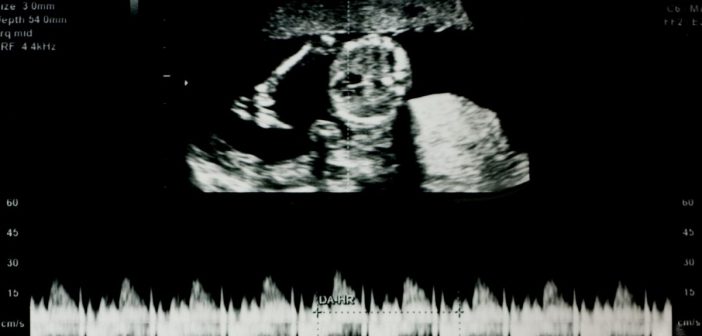Introduction
Both you and your unborn baby become patients if you become ill during Pregnancy. Your doctor must first establish your medical needs and any health concerns that may be harming you and your baby before beginning therapy. A magnetic resonance imaging (MRI) exam may be recommended by your doctor. Your doctor may recommend an MRI if you have symptoms that need to be addressed or test results that need to be clarified but can’t wait until after the delivery of your baby.
What is an MRI scan?
Magnetic resonance imaging, or MRI, is a medical treatment that creates precise images of the inside of your body to diagnose diseases or problems. Unlike an x-ray or a computer-assisted tomography (CT) scan, an MRI does not employ ionising radiation. Instead, a magnetic field and radio waves are used. Depending on the portion of the body being examined, an MRI scan might take anywhere from 20 to 90 minutes.
It is a non-painful treatment that is unlikely to cause tissue harm. An MRI could be recommended for a pregnant lady or her unborn child. The placenta, baby’s brain, airway, lungs, and belly can all be viewed with an MRI scan during Pregnancy.
MRI safety during Pregnancy
A sickness is unpleasant, and a serious illness during Pregnancy can be complex. On the other hand, the infant is reliant on the mother’s health and ability to continue her Pregnancy to term. If assisting the mother in becoming healthier entails performing an MRI, the baby’s health will improve. MRI tests have never been demonstrated to be harmful to pregnant women or unborn babies. Thousands of pregnant women have received MRI tests over the previous 30 years, with no known adverse effects on the foetus.
You should not deny an MRI scan because you are afraid of it. It is vital for diagnosing your potentially dangerous or urgent condition. Having a healthy mother is the most crucial component in having a healthy kid. The infant is reliant on the mother’s health and ability to take her Pregnancy to term.
A contrast chemical called gadolinium is injected into a vein in the arm for some MRI tests. While contrast material can improve MRI images in rare cases, it is not usually used during Pregnancy. Only if it is required to answer your doctor’s queries will contrast material be utilised during the test. Before the procedure, a radiologist (a doctor who specialises in medical imaging) will be consulted to determine if the contrast is required or not.
Is gadolinium contrast media linked to an increased risk of birth defects?
Media containing gadolinium can pass through the placenta and reach the infant. Two studies of approximately 400 pregnant women who received gadolinium contrast during their Pregnancy found no elevated risk of birth abnormalities above the baseline risk. A study of 24 pregnant women administered gadolinium contrast media in the first trimester found no increased risk of pregnancy or infant problems.
In another study, children (up to age four) of mothers who received an MRI with a gadolinium agent during Pregnancy had a slightly higher risk of stillbirth or death by one month of age but no other health issues.As this study looked at only seven cases, it’s possible that the risk of stillbirth was due to the mother’s underlying health condition.
Is it possible to have an MRI while breastfeeding?
There are no worries about having an MRI while breastfeeding because it solely employs magnetic fields and radio waves to obtain images. As soon as the MRI is completed, your infant can resume nursing.
MRI safety during Pregnancy- the Nurturey PinkBook speak
Nurturey PinkBook was created in response to the demand for a healthcare platform that assists moms in managing their pregnancy and continues the process of controlling the health of their kids. Nurturey has generated synergy across the complicated health environment by integrating with numerous distinct NHS IT systems. That is why Nurturey PinkBook is at the cutting edge of digital child and maternal health.
Nurture’s PinkBook pregnancy tools help manage your prenatal tests schedules, view details and receive NHS guidance. With PinkBook tools, you can view and control a snapshot of the mother’s overall health indicators during Pregnancy and easily manage your appointments and activities. You can keep track of your health week by week and understand if the Pregnancy is going well. These scans and tests will help see whether the baby’s growth is taking place soundly or not.
You can schedule appointments with the GP for your child’s exams, vaccines, and follow-ups, as well as appointments with the GP/Midwife for pregnancy-related issues such as checkups, prenatal testing, and scans. We provide timely reminders about upcoming appointments and reliable content from the NHS relevant to the appointment type.




